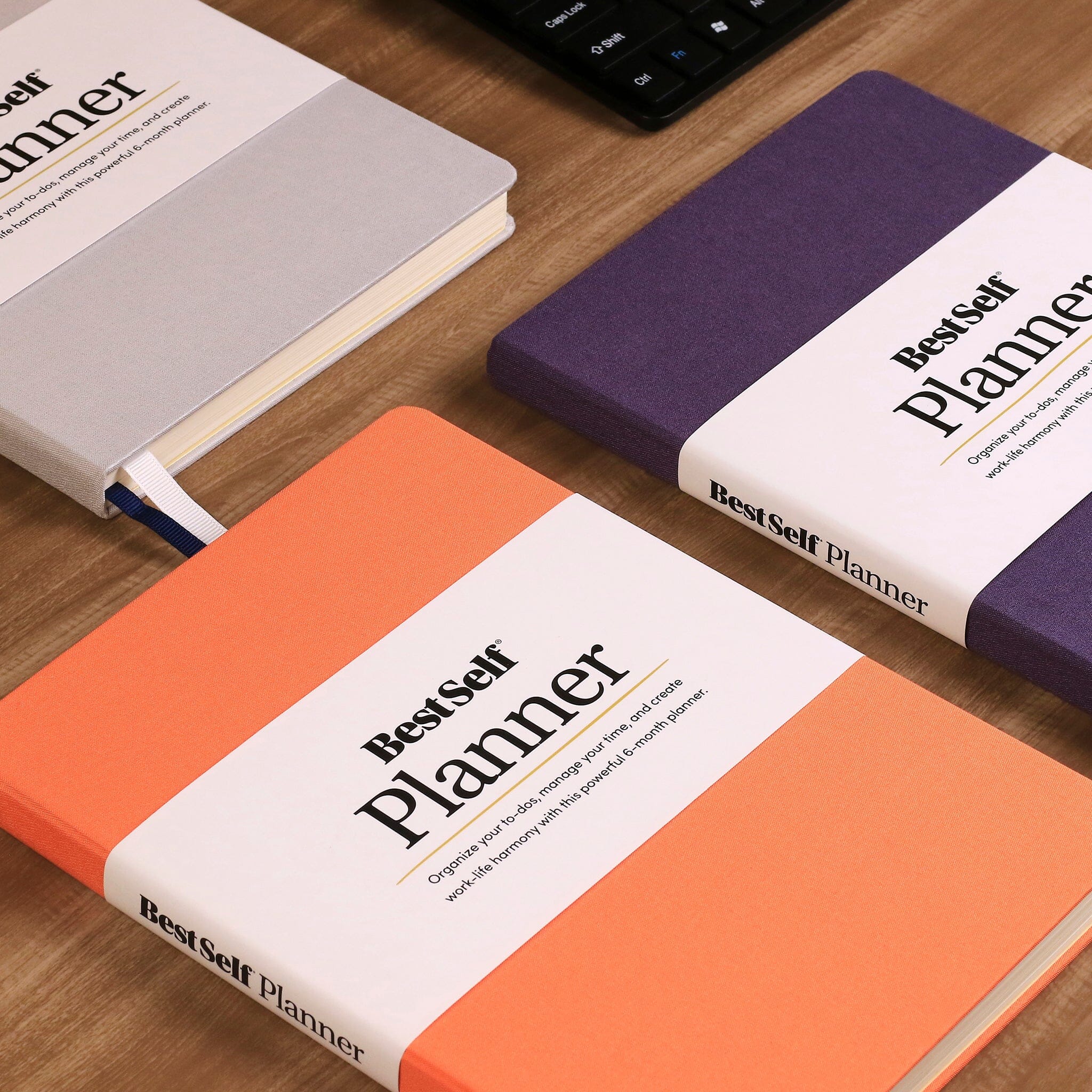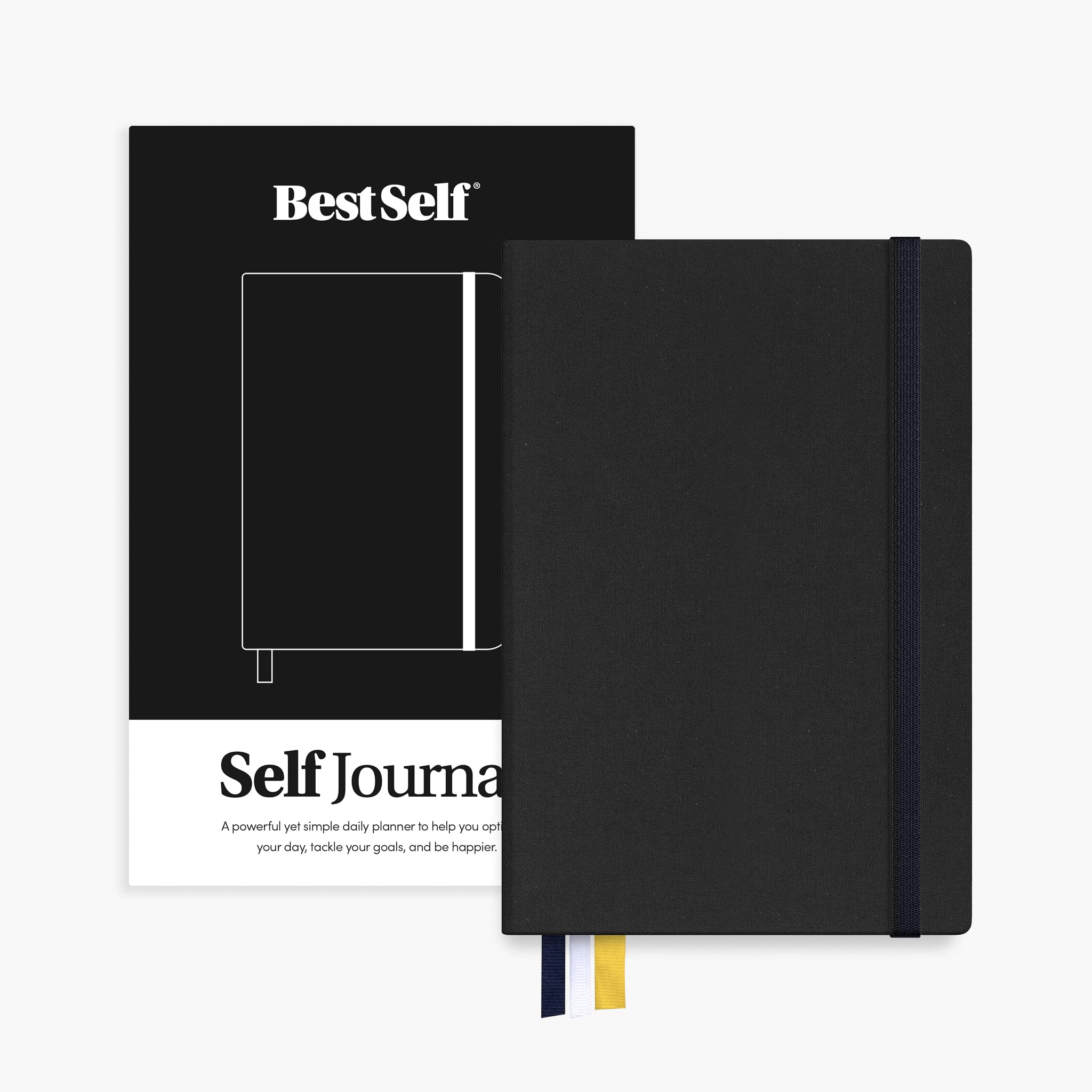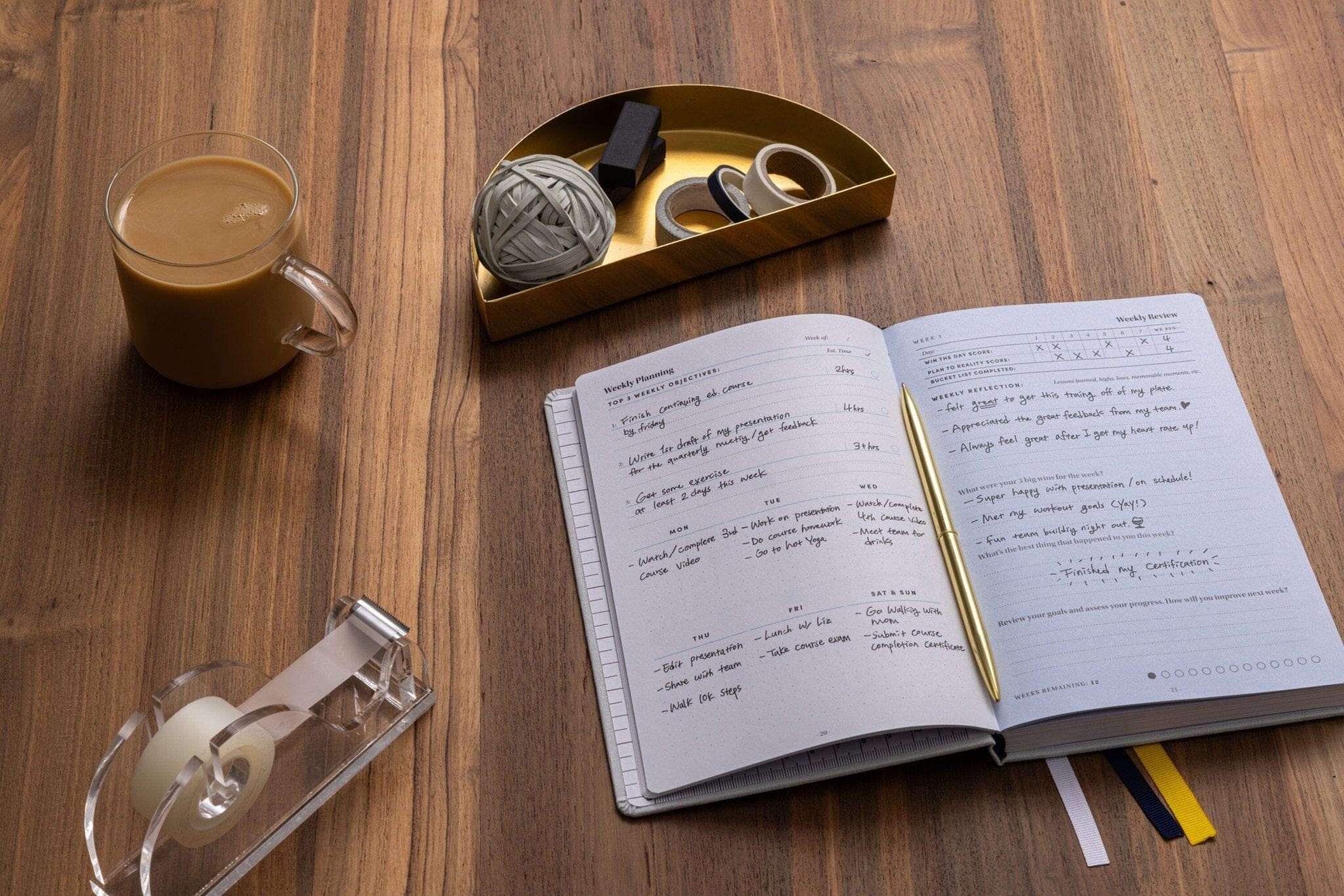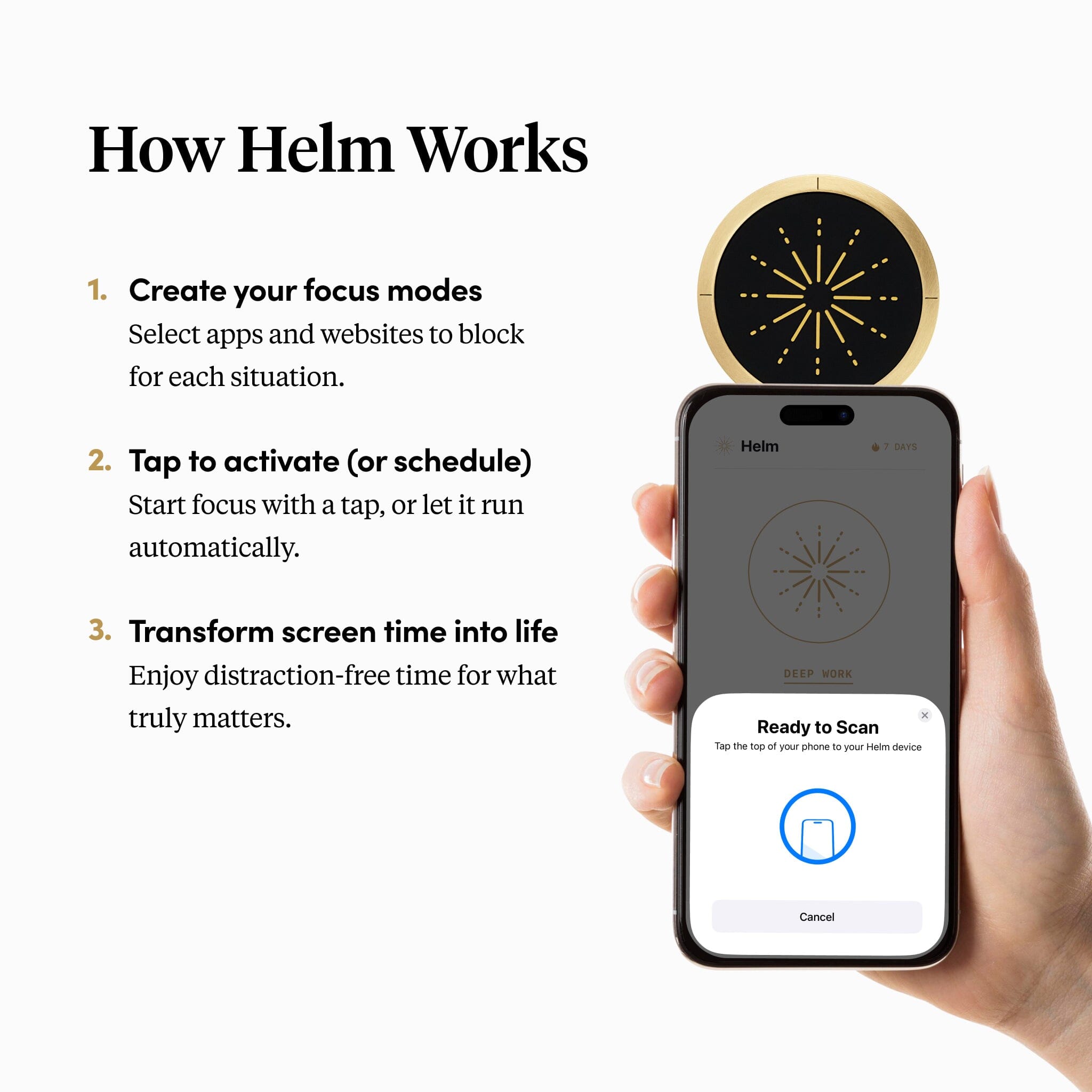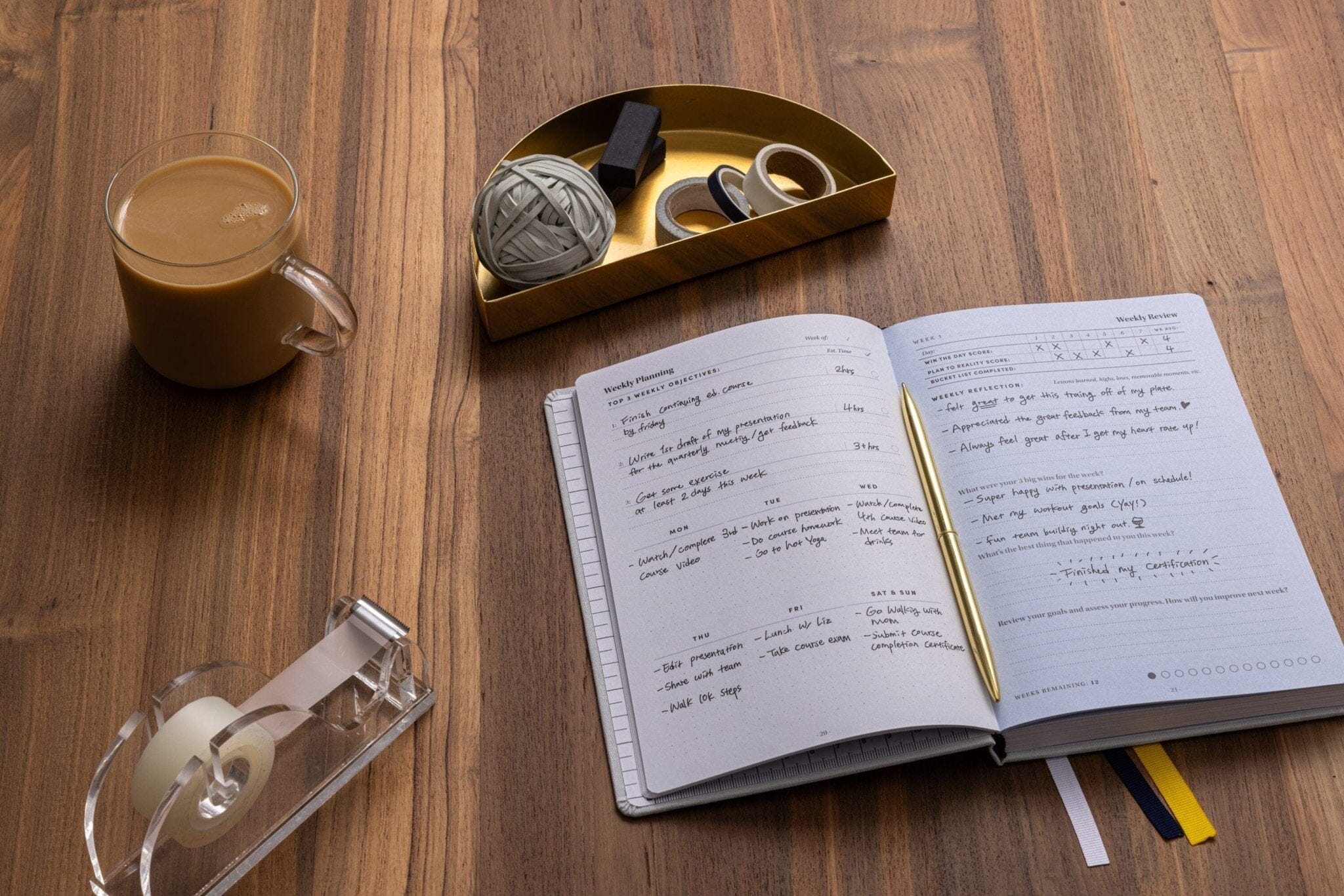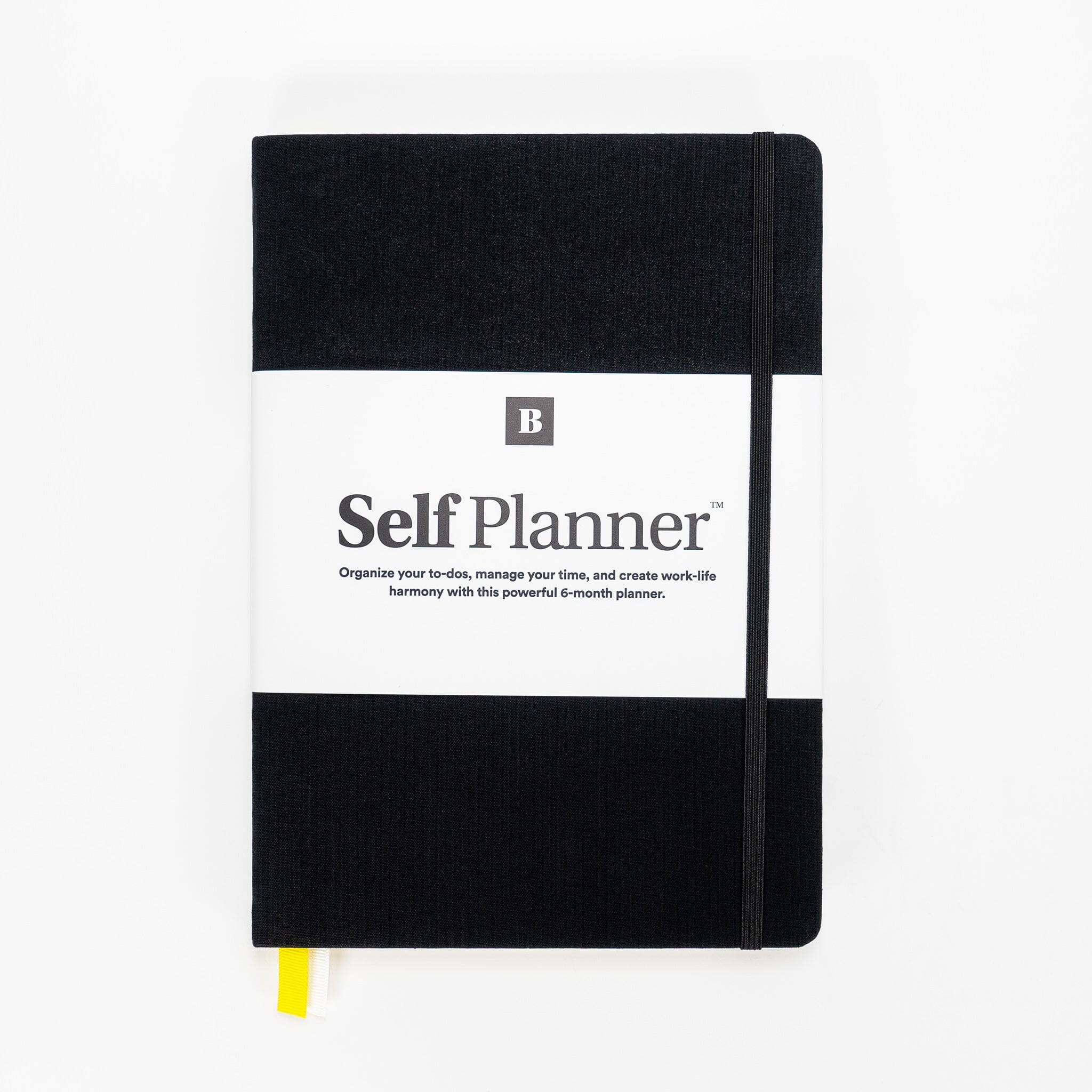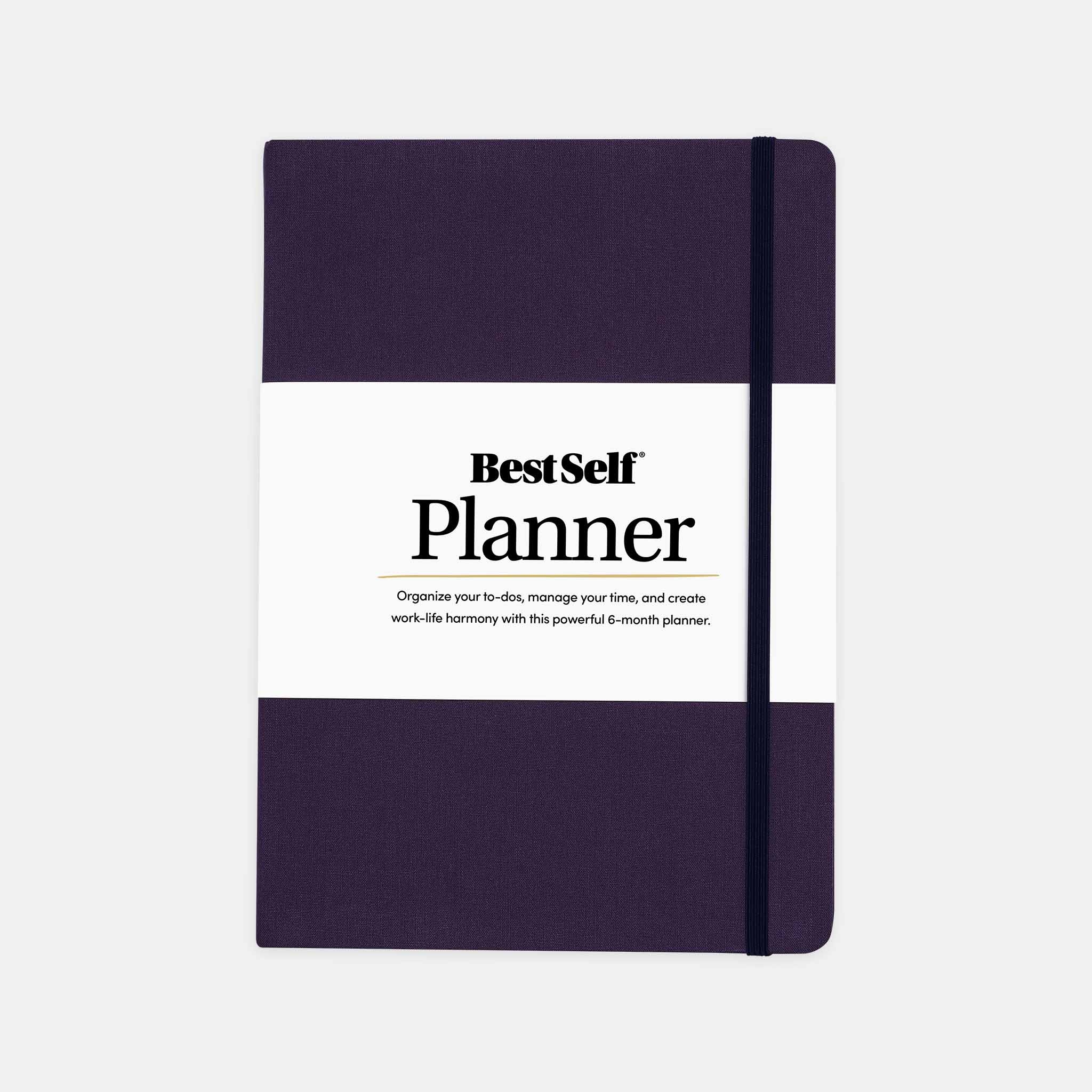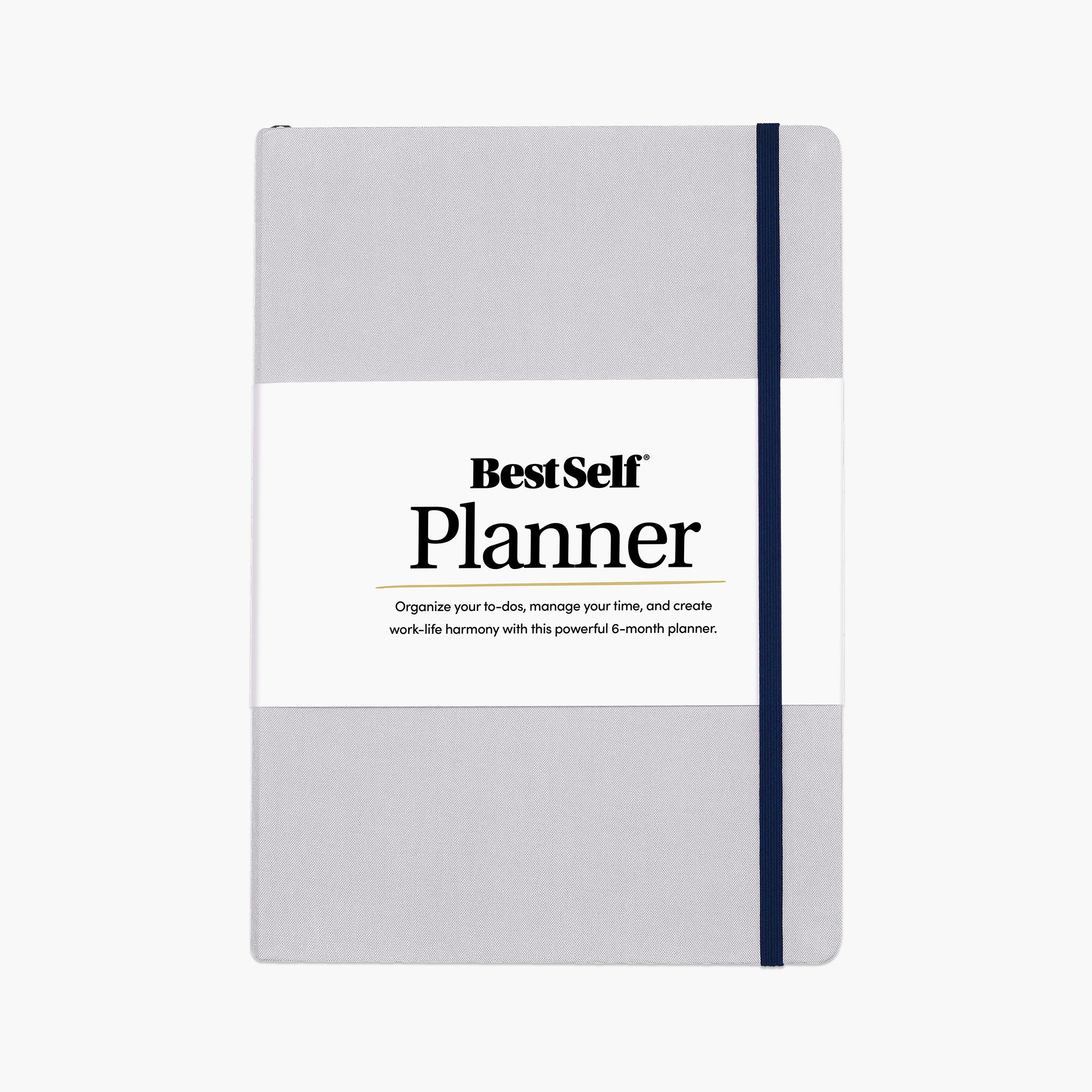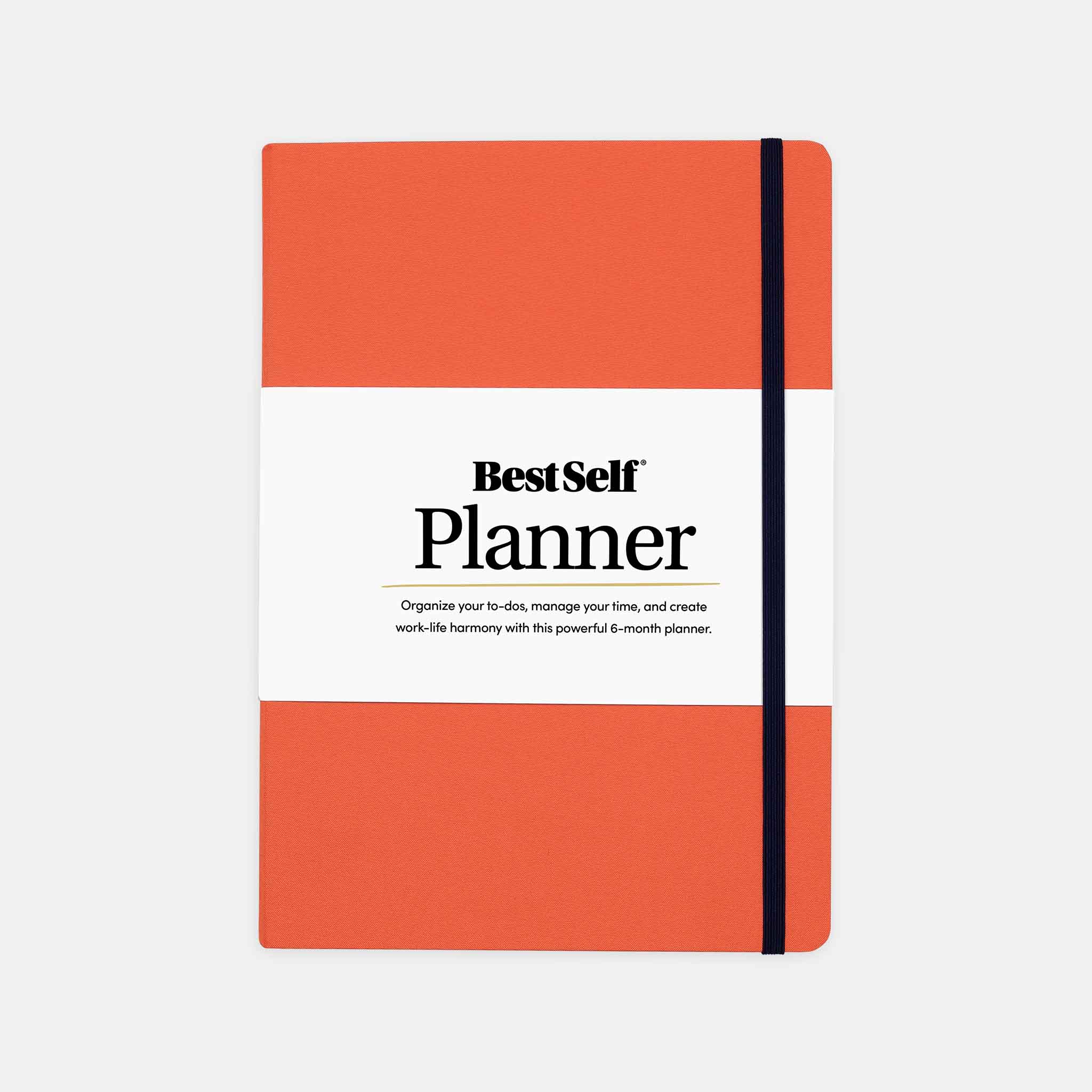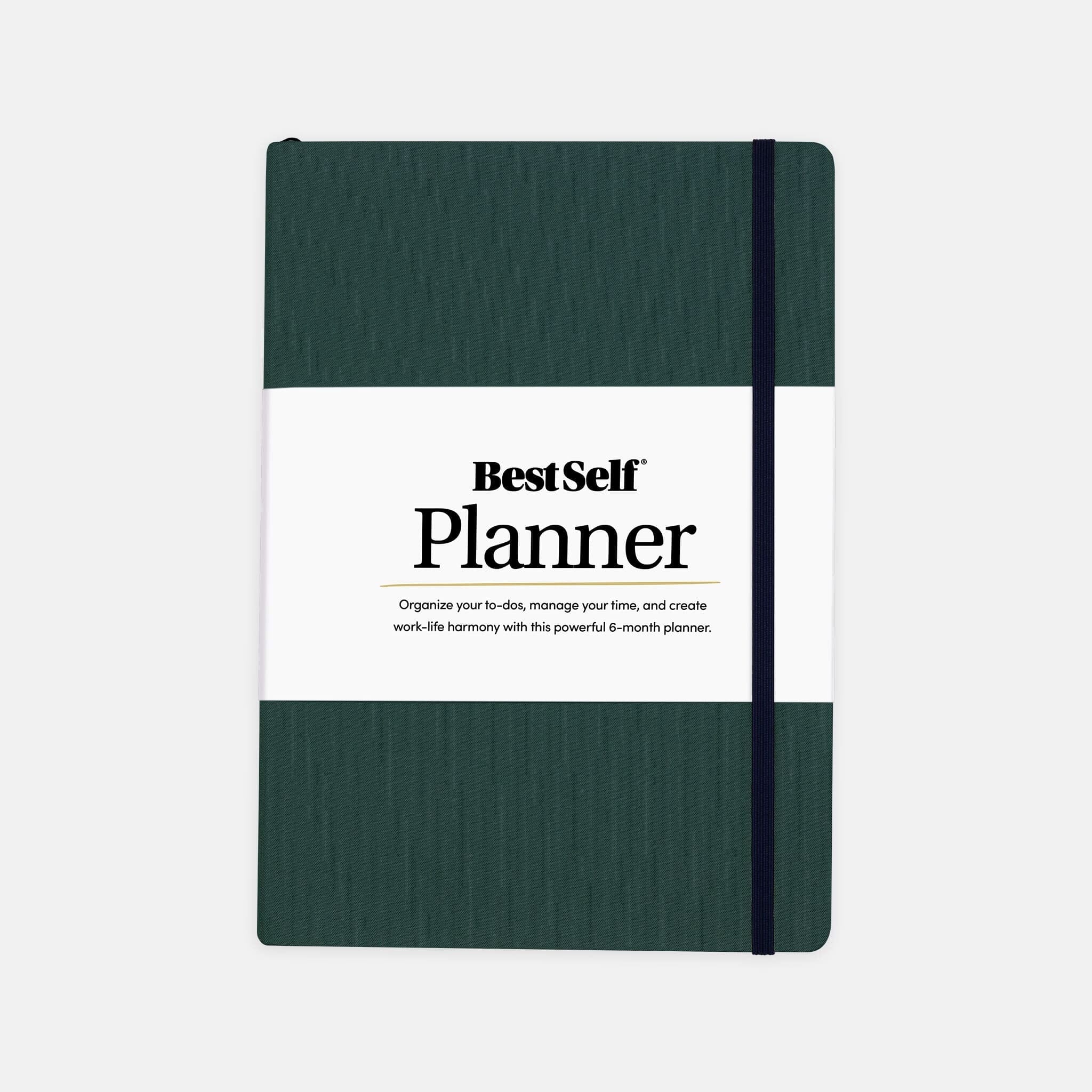Habits make up who we are. They also play a huge role in who we can become. There are numerous bad habits that hurt our productivity every day. These are common habits that don’t seem like a big a deal on the surface. But the fact is if you’re doing these things you won’t reach your full potential.

“In essence, if we want to direct our lives, we must take control of our consistent actions. It's not what we do once in a while that shapes our lives, but what we do consistently.”
Tony Robbins
We all realize how important our habits are and the impact they have on our lives. Yet, we all have bad habits. Some are more damaging than others. The most damaging are things we do every day that we might not even recognize as bad habits. Are you ready to discover the bad habits that are slowing you down and preventing you from reaching your top productivity? And how to fix them?
Identifying Bad Habits in Your Daily Routine
Bad habits come in two forms: Mindset Habits and Action Habits. Your mindset habits consist of your beliefs and thoughts about yourself and others. They are the phrases and thoughts you repeat to yourself consistently over time. They play a key role in how you see yourself and in how you act. Bad mindset habits also affect your ability to make positive changes. Action habits are the things you do repeatedly, often without even noticing. Biting your nails, starting your day with a sugary breakfast, and checking your phone messages as soon as you wake up, are all examples of action habits.
Common Bad Habits That Hurt Productivity
So, which bad habits are part of your daily routine? Could you be doing some simple things that hurt your productivity without even realizing it? If so, how can you fix it? The first step in fixing a bad habit is identifying it. Once you’ve identified your bad habits, then you need to break them. Easier said than done, right? Don’t worry. Let’s take a look at seven common bad habits that are hurting your productivity and how you can fix them. Here are some tips to help you catch yourself when you fall into bad habits, AND what you can do to break them.
Mindset Habits

Habit #1: Negative Self-Talk – There’s no better way to hurt your productivity than negative self-talk. Putting yourself down, beating yourself up, and telling yourself you can’t, all lead to negative outcomes. Have you ever caught yourself saying something like: “I’ll never be successful;” “I can’t do it;” “There’s no use;” or “I’ll never change?” These statements will become self-fulfilling prophecies.
Use “Triggers” for Positive Self-Talk – You must avoid negative self-talk like a plague if you want to be productive. According to Jennice Vilhauer Ph.D.,you need to do four things to stop negative self-talk: Notice the critic, separate the critic from you, talk back to the critic, and replace the critic. One way to stop negative self-talk and replace it is to use “triggers,” like the Breathe Band, for example. Triggers help remind you to use positive self-talk. For example, when you see your trigger you could say something like: “I GOT this;” “I CAN do this;” “I AM good enough;” or “I WILL get better.”

Habit #2: Indecisiveness – Some decisions are hard and no one wants to make the wrong choice. However, being indecisive can be worse than choosing wrong. Because, failing to make a choice leads to unfinished business, making you less productive.
Set a Deadline – One effective way to overcome indecisiveness is to set a realistic deadline. By giving yourself a deadline you force yourself to make a decision. You can add even more accountability by sharing your deadline with others. Executive coach, Steven Berglas, says you need to trust your gut, cut back on the number of options you consider, and prioritize your demands. “Indecision is all about avoiding 1) the choice between two negative alternatives, one of which has to be adopted, or 2) the choice between two fairly equal courses of action.” If you make the wrong choice, you can learn from it, and in many cases, correct it.

Habit #3: Rationalizing – When you rationalize you basically lie to yourself. This kind of talk leads to excuses. It also leads to avoiding the hard tasks. Rationalization allows you to waste time on less important or irrelevant matters instead of the most important tasks. It could even lead to making poor choices that you know are wrong. If you hear yourself saying things like I’m too frustrated, my situation is different, I don't have time, or that won’t work because…., then you’re rationalizing
Be Honest With Yourself – Whenever you recognize you’re not being honest with yourself be courageous and decisive. You can do this by focusing on what matters most. If necessary, go some place quiet where you can meditate. Take ownership of your responsibilities and compare the impact of completing or not completing them. Focus on the positive and ask questions like: why not? and what’s stopping me? Keep your eye on the goal and find someone to hold you accountable.
Action Habits

Habit #4: Doing the Easy Tasks First – When you delay the hard tasks to do the easy stuff first, you run out of time to get the hard tasks done. This is a vicious cycle that leads to low productivity and a low success rate.
Schedule Your Most Important Tasks First – Think of the "Eat The Frog First" strategy, which essentially means getting the worst task of your day done first. You can use the Self Journal to help you schedule your most important tasks at the beginning of the day. When you get the hard tasks out of the way first, it frees up your mind, your time, and your energy to get the easy stuff done.

Habit #5: Checking and Responding to Email Throughout the Day – What’s wrong with checking your email? It’s an important part of work, right? The problem is every time you check your email you lose valuable time reading and responding to your messages. This is a huge time killer and the more time you waste, the less time you have to be productive and get the most important tasks done.
Plan Your Email Time – One of the best ways best to beat this habit is to designate certain blocks of time during the day to view and respond to email. Turning off push notifications, or closing your email browser completely can also help.

Habit #6: Using Your Phone Right Before Bed – First off, your quality of sleep will likely be affected. The blue light from electronic devices slows the production of the sleep hormone melatonin, which makes you more tired. That means you’re likely to stay awake even longer. Additionally, a “quick browse” of the Internet can quickly turn into an hour or more of wasted time. That time could also be used for sleep.
Set a Cutoff Time – If you use your phone at night set a cutoff time to stop using it; at least an hour before bedtime. Leaving your phone in another room also removes the temptation to look at it after you’ve climbed into bed.

Habit #7: Putting Work Ahead of Sleep – Working hard is a great attribute but working too hard, or too much, is a bad habit. If you work too much you become less productive, especially when you put work ahead of sleep. Getting enough sleep is extremely important if you want to keep your productivity at the highest level.
Schedule a Bedtime – Prioritize your time and set a daily routine. To do this you should schedule specific time for work and specific time for sleep. Try setting an alarm, 45 minutes before bedtime. This will remind you to stop working and get ready for bed. Make sure you schedule enough time in your routine for sufficient, quality sleep every day. Lack of sleep not only leads to reduced productivity but also poor health.
The Trick To Changing Habits
Breaking a bad habit is not impossible. But there are some important steps you need to take if you want to break a habit once and for all. Essentially, changing habits comes down to these three powerful steps. For more info see: “3 Powerful Ways To Break Bad Habits – Once And For All!”.:
Start Small and Find Someone to Hold You Accountable – Take it one step at a time and start with the FIRST step. Also, find someone who will hold you accountable that won’t let you give up.
Treat It Like a Business Plan – If you want to be successful in business, you create a plan and you stick to it. To overcome a bad habit, come up with a plan or a strategy to wipe it out. And stick to it.
Get To Know Your Bad Habit – Take a closer look at your habits and when they occur. This will help you identify what triggers them.
How to Create Good Habits
Fixing bad habits is important. Creating good habits is JUST as important. So how do we do that? The answer is habit stacking, which you can read more about in our post: “What Stephen Curry Can Teach Us About Creating Successful Habits.” Simply put, habit stacking is the process of creating habits. Start by choosing your new habits. Next, you plan a time to DO each habit, and lastly, you track yourself doing it. Start with one habit at a time. When you create a successful new habit, then add another one.
Fix Your Bad Habits and Increase Your Productivity
The sooner you recognize your bad habits, the sooner you can fix them. Remember: Your life is determined by your habits. If you're not able to accomplish as much as you want or your life isn't what you want it to be, the first place to look is your habits. By taking action and implementing these powerful tips you can eliminate bad habits, for good. On the flip side, failing to fix your bad habits decreases productivity and leads to missed opportunities to become more successful. So start today. Identify and fix your bad habits, and start developing good ones to replace them. Ready to act?





